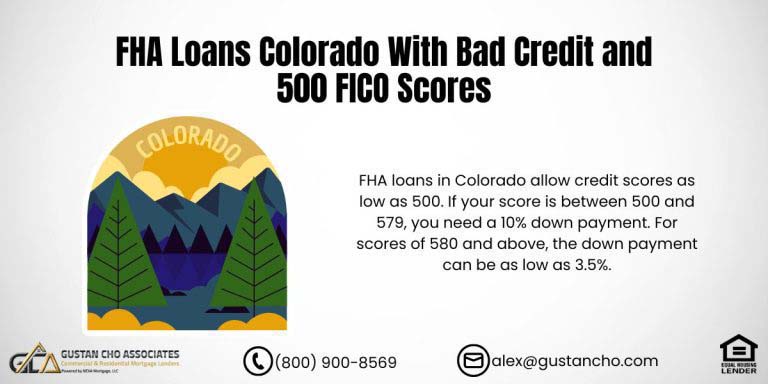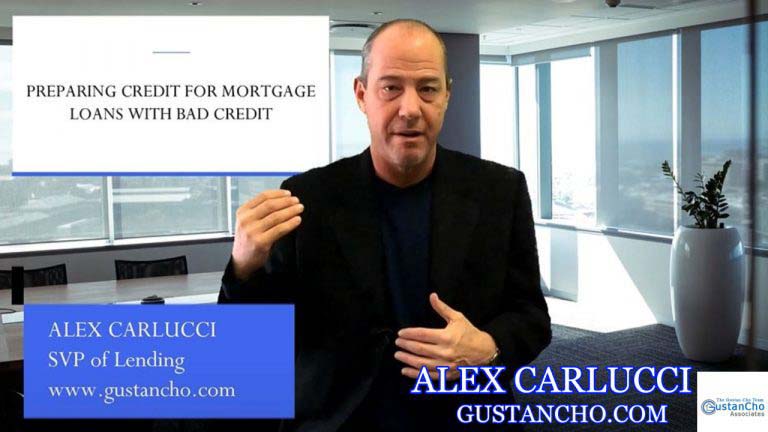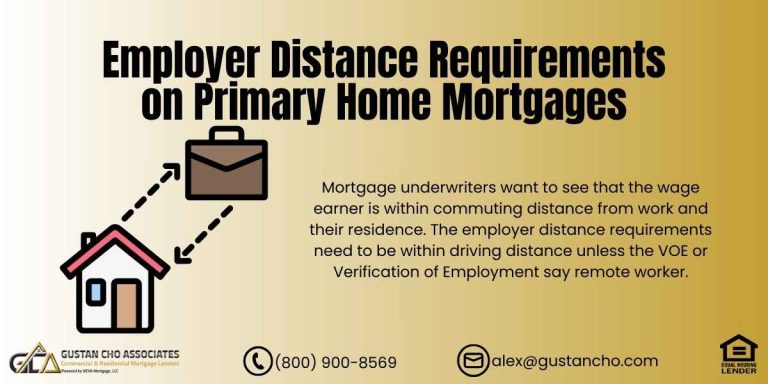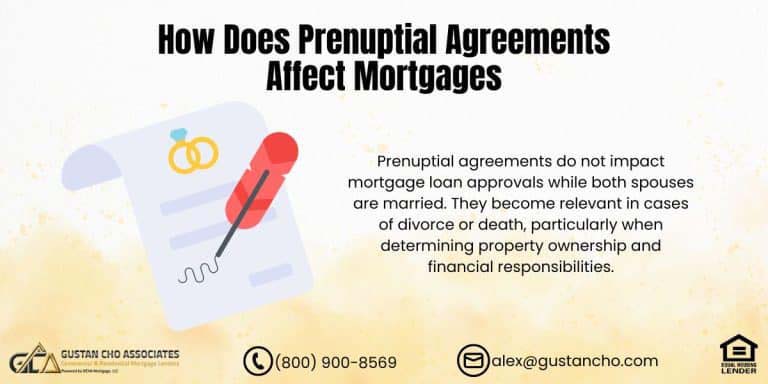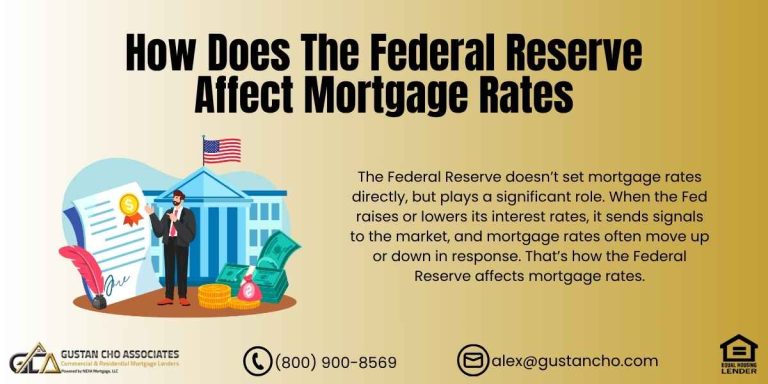This guide covers the recovery of housing market and updates new mortgage guidelines and loan programs. Many of us remember the good old days of easy financing from the 90s until the real estate and mortgage meltdown of 2008. The Great Recession of 2008 hit everyone. Never in history since the Great Depression have so many Americans been affected by the real estate crash. Many Americans, including myself, always thought real estate was the safest investment. Many Americans invested in real estate even though they were not professional investors. This article will cover and discuss the recovery of the U.S. housing market.
End of Sub-Prime Loans
Real estate is the favorite investment for all hard-working Americans. Some folks had two, three, or four homes besides their owner-occupant homes and enjoyed the positive cash flow from their rental income. Financing was extremely streamlined and easy.
Almost anyone could get a mortgage on an owner-occupant property and second homes, third homes, and investment properties.
Sub-Prime Lending was the name of the game when it came to mortgages where no documents and stated income loans were the ticket for easy, fast financing. Bank Statement Loans were among the most popular loan programs for home buyers and real estate investors. Washington Mutual and Countrywide Loans were two household names regarding mortgages. This was because they were the two largest sub-prime lenders in the nation. Then, the 2008 real estate and mortgage crash happened. It literally affected every American family in the United States and their loved ones. Get Bank Statement Loan, Click Here
Real Estate and Mortgage Meltdown of 2008
The real estate & mortgage meltdown of 2008 affected millions of Americans. No city, county, or state was affected by the 2008 Real Estate and Mortgage Meltdown of 2008.
Bankruptcy rates hit historic highs. Foreclosure of homes went through the roof, and foreclosure numbers were never as high as they were.
The whole country was on panic alert. Millions of American homeowners saw the equity in their homes evaporate. Hundreds of millions of homeowners had homes with mortgage balances that were higher than the value of their homes.
How the 2008 Real Estate Crash Affects Seniors
People who retired and counted on their home equity as part of their retirement were forced back to work. Many just took job offers that paid minimum wage. Millions of workers were laid off, lost jobs, or demoted to lower-paying positions. This was because their employers were also affected by the economic downturn. The real estate and lending industries came to an abrupt halt. Many full-time realtors were forced to take on other jobs to make ends meet. Mortgage loan officers could not make ends meet. This was because the whole lending industry came to an abrupt halt.
Talk To A Real Estate Agent, Click Here
Mortgage Lending Guidelines and Changes
Many mom-and-pop mortgage broker shops were forced to close their doors. They could not pay their minimum monthly expenses and licensing fees. Mortgage giants Washington Mutual and Countrywide Loans shut their doors. The entire subprime lending market collapsed.
Hundreds of thousands of mortgage loan originators were left without jobs. They had to seek employment in other fields or menial positions where they were overqualified by their current employers.
Many American workers still did not recover with the housing market’s recovery. They are either still unemployed or working on jobs that they are overqualified for. Many business owners lost their businesses, while others had to change their business model completely. Life was never the same for many after the Real Estate and Mortgage Crash 2008.
The Long Recovery of Housing Market
Millions of homeowners have underwater mortgages. This was due to the major drop in their home’s market value. They had mortgage balances that were higher than their property values. They never thought that there would be a recovery of the housing market.
These homeowners with upside-down mortgages thought that they would be stuck in their homes forever . This was because of the huge drop in their home market values
Fortunately, the housing market’s recovery started in 2010 and continued to recover. In many parts of the country, home prices appreciated faster than expected. Many parts of Florida and California, the recovery of the housing market appreciated double digits each year starting in 2012.
Qualifying For Mortgage and Recovery of Housing Market
The United States Department of Housing and Urban Development, also known as HUD, is the parent of VFHA. FHA is the Federal Housing Administration. HUD realized that the housing market in the U.S. needed help with the depressed housing market. So, it went to work in making financing easier.
HUD was looking for ways of stimulating home ownership by making lending easier, so home buyers could qualify for FHA loans and become homeowners instead of renters.
HUD went to work on setting new policies and programs that would ensure FHA loans originated and were funded by lenders. FHA set minimum lending guidelines where it was easy for any home buyer to qualify.
Qualify For Mortgage Loan, Click Here For That
HUD Agency Guidelines on FHA Mortgages After Recovery of Housing Market
Here are the minimum FHA Lending Requirements—580 FICO credit score for a 3.5% down payment home purchase loan. Borrowers do not have to pay outstanding collection accounts and charge-offs. Borrowers can qualify for FHA LOAN after bankruptcy and foreclosure if they meet a minimum mandatory waiting period. 2 2-year waiting period after the Chapter 7 Bankruptcy discharge date.
VA and FHA Mortgage Guidelines on Chapter 13 Bankruptcy
VA and FHA have no waiting period after the Chapter 13 Bankruptcy discharge date as long as it is manual underwriting. One year into a Chapter 13 bankruptcy repayment plan, borrowers can qualify for VA and FHA loans. Need Chapter 13 Bankruptcy Trustee Approval and manual underwriting. 3-year waiting period after the recorded foreclosure date or deed-in-lieu of foreclosure on FHA loans. 3-year waiting period after a short sale date to qualify for FHA loans.
There is a 2-year waiting period after Chapter 7 bankruptcy, short sale, foreclosure on VA loans. The rules and regulations set by HUD for FHA. FANNIE MAE or FREDDIE MAC is in charge of Conventional loans.
VA loans are under the U.S. Department of Veterans Affairs. USDA is under the U.S. Department of Agriculture Rural Development. Government Agencies became very lax because these government agencies were directed to promote home ownership. Due to the strong emphasis on promoting home ownership, the housing market recovery started to recover faster than expected. Home values spiked it has appreciated double digits in many areas of the United States. According to the United States Census Reports, the average housing price in the United States was $581,000.
Down Payment and Closing Costs Requirements on Home Purchases
Demand for new homes has gone up throughout the United States, and the right-hand rule is that as long as a consumer has documented income, they can purchase a home with very little down payment. Home buyers can purchase a new home with only a 3.5% down payment with FHA loans.
You do not have to worry about closing costs. This is because closing costs can be covered by a seller concession by the home seller of lender credit by the lender.
FHA permits a relative of the home buyer to gift the down payment. VA Mortgages and USDA mortgages do not require a down payment. Home buyers of VA or USDA loans do not have to worry about closing costs. This is because closing costs can be covered by seller concessions or lender credit. Fannie Mae or Freddie Mac permits a down payment on a home purchase to be gifted.
Get Help For Closing Costs On Home Purchases , Click Here
Introduction of NON-QM Loans and Bank Statement Loans
Gustan Cho Associates is a national mortgage company licensed in multiple states with no overlays on government and conforming loans. We created and launched our non-QM loans and bank statement loan program for self-employed borrowers. Self-employed borrowers can qualify for non-QM loans with no income tax returns. 12 or 24 months’ bank statements are averaged and used for income.
NON-QM Loans have no waiting period requirements after a housing event or bankruptcy. 10% to 20% down payment requirement. Down payment depends on credit scores.
Borrowers can qualify for non-QM loans down to 500 credit scores. Gustan Cho Associates also has 5% down payment Jumbo Loans with no mortgage insurance. Mortgage Borrowers interested in qualifying for a home loan, please get in touch with us at Gustan Cho Associates at 800-900-8569 or text us for a faster response. Or email us at gcho@gustancho.com.






